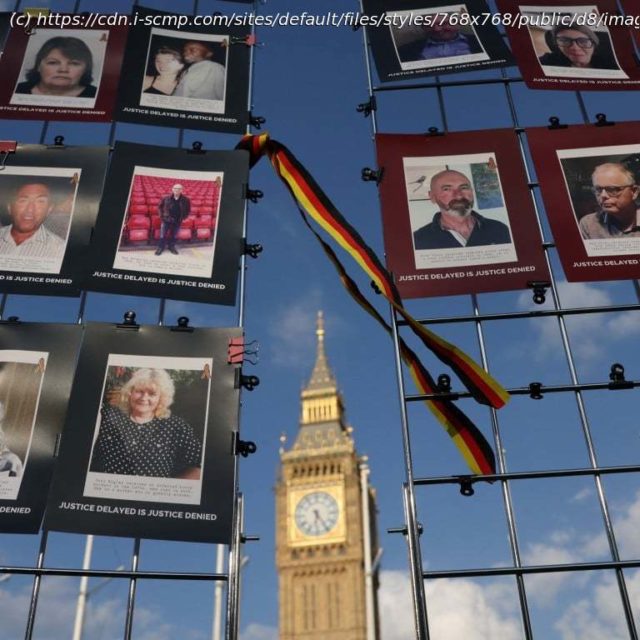Brian Langstaff, chairman of the Infected Blood Inquiry, described the scandal, that infected more than 30,000 people, as a “calamity” that should have been avoided and involved “systemic failures”.
An inquiry into Britain’s decades-long contaminated blood scandal slammed the UK state and found evidence of a “chilling” cover-up, a watershed moment for the country after what’s widely seen as the worst treatment disaster in the history of the National Health Service.
Brian Langstaff, chairman of the Infected Blood Inquiry, described the scandal as a “calamity” that should have been avoided and involved “systemic, collective and individual failures to deal ethically, appropriately, and quickly, with the risk of infections being transmitted in blood.”
“The scale of what happened is horrifying,” Langstaff said in the report published on Monday. The cover-up was “chilling in its implications,” he said. “To save face and to save expense, there has been a hiding of much of the truth.”
More than 30,000 people were infected with HIV and hepatitis C in the UK in the 1970s and 1980s after receiving treatments with blood products contaminated with deadly viruses. Victims and their families have spent decades fighting for justice and compensation, yet a public inquiry was only announced in 2017. Langstaff said there was enough information to warrant one as early as 1986.
Prime Minister Rishi Sunak is expected to issue an apology on behalf of the state when he addresses Parliament later on Monday, and the government is due to announce compensation in excess of £10 billion (US12.7 billion) for the victims and their relatives as soon as Tuesday. Chancellor of the Exchequer Jeremy Hunt, a former health secretary, has called it “the worst scandal” of his lifetime.
The implications of the findings are profound, painting a picture of professional negligence but also of administrators and governments of various political persuasion refusing to engage with mounting evidence that a major scandal had occurred.
Start
United States
USA — Science Infected blood probe slams UK authorities, finds ‘chilling’ cover-up involving ‘systemic failures’






